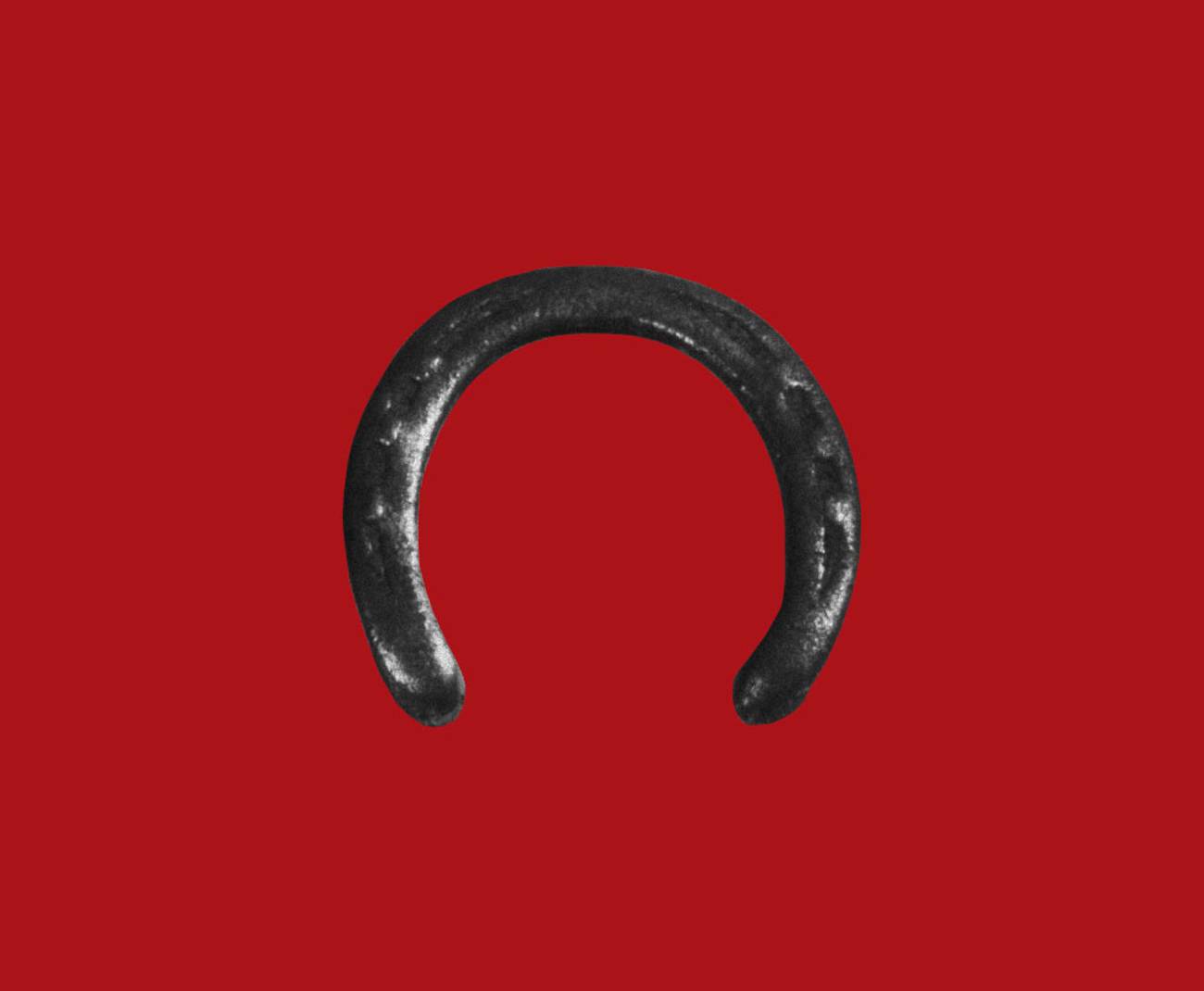‘Moshkeleh Ganev,’ Chapter 2
Newly translated Yiddish fiction for Passover




As a child Moshkeleh studied in the cheder. The Prophet, even though he himself was—and mum’s the word—a ganev too, he still wanted his son to have a good Jewish education. Yoineh bragged to everyone that he was paying tuition for his “Kaddish”—the boy who would say the Mourner’s Prayer for him when he died.
But the Kaddish preferred the stable to the school, and felt that a horse, forgive the comparison, was worth ten times more than the teacher. The teacher himself thought he had to report this to the father, albeit indirectly.
“Reb Yoineh, by the time your son gets to know the Kaddish, you’ll already be dead.”
These words struck the father so deep in his gut he went and got a hunting whip with leather thongs.
“Lie down!” he told Moshke. “You’re gonna get your punishment.”
But the son, with no great desire for a taste of the hunting whip on his naked flesh, refused the invitation. Under no circumstances would he lie down.
“Lie down!” said his father.
“I’m not lyin’ down,” the son replied.
To show his father he wasn’t fooling around, Moshke pulled an iron horseshoe from his pocket and snapped it in two, like one breaks a bagel.
Yoineh’s tone became sharper.
“Lie down, I’m tellin’ you!”
“And I’m tellin’ you I’m not lyin’ down.”
The father went berserk and tried to force Moshke down. But his son couldn’t be budged. Yoineh struggled with him for an hour and got nowhere. He realized he could sooner lift his house than subdue his son.
“So you’re not lyin’ down?” the father asked one last time.
“Nope. No way,” the son answered. And to show his father he wasn’t fooling around, Moshke pulled an iron horseshoe from his pocket and snapped it in two, like one breaks a bagel.
Seeing this, the Prophet realized that his son had Samson’s strength and regarded him with great awe.
When Moshke left school, he didn’t even know how to pray. As they would say in Mazepevke, “He’s a bit slow with the Hebrew letters.” Nevertheless, he knew other things: he could harness the biggest wagon and ride a horse like a Cossack. No matter how wild and fiery the horse, with Moshke on its back it became pliable like dough and quiet as a pussycat. And he also took like a duck to water; for him swimming back and forth from one side of the river to the other with one breath was a cinch.
His feats of strength were famous not only in Mazepevke but in all the surrounding villages. It was known that Moshke could wrestle three soldiers and singlehandedly beat and pummel six men so badly blood would run. In brief, he wasn’t easily forgotten.
Even at the tender age of 13, Moshke made his mark a few times, showing what he could do with his fists. The Mazepevke peasant lads, who almost every Sabbath picked fights with the Jewish boys as they took their Sabbath strolls along the streets, would sic their dogs on them, chase them, hoot at them, call them “Yids,” and taunt them with anti-Semitic ditties.
But once they got the taste of Moshke’s fists they spread the word not to start up with that Jew. And later, when Moshke grew and became a young man, the adult peasants too felt Moshke’s paws and were scared to death of him.
One can say that getting into fights was a kind of wild passion for Moshke, an irresistible impulse, and he loved starting up with someone bigger and stronger than him.
Most often Moshke would display his brawn when someone was insulted. He’d thank God for his good luck at meeting some coachmen or butchers ganging up on one guy (it’s well known that Jewish coachmen and butchers are a bunch of brutes). Seeing this, our Moshke would roll up his sleeves, jump right into the fire and begin using his hands and feet, and, if necessary, butt with his head too.
More than one person would depart this fray with a lump on his forehead, black eyes and a bruised nose, and with torn off sleeves, ripped trousers, and rent jacket seams, as well.
At times Moshke himself also got a taste of this. And if somebody did lace into him—well, what can you do? In fact, Moshke liked a man who could dish it out. A guy like that, he would say, is someone worth smacking and a pleasure getting smacks from.
In short, when it came to blows, clouts and punches, he had achieved renown. And I’ll even say that at fisticuffs Moshke was a genius.
Translated from the Yiddish by Curt Leviant. Read Chapter 3 of Moshkeleh Ganev here on Friday.
Sholem Aleichem, (Shalom Rabinovitz; 1859–1916), is one of the founding fathers of modern Yiddish literature.